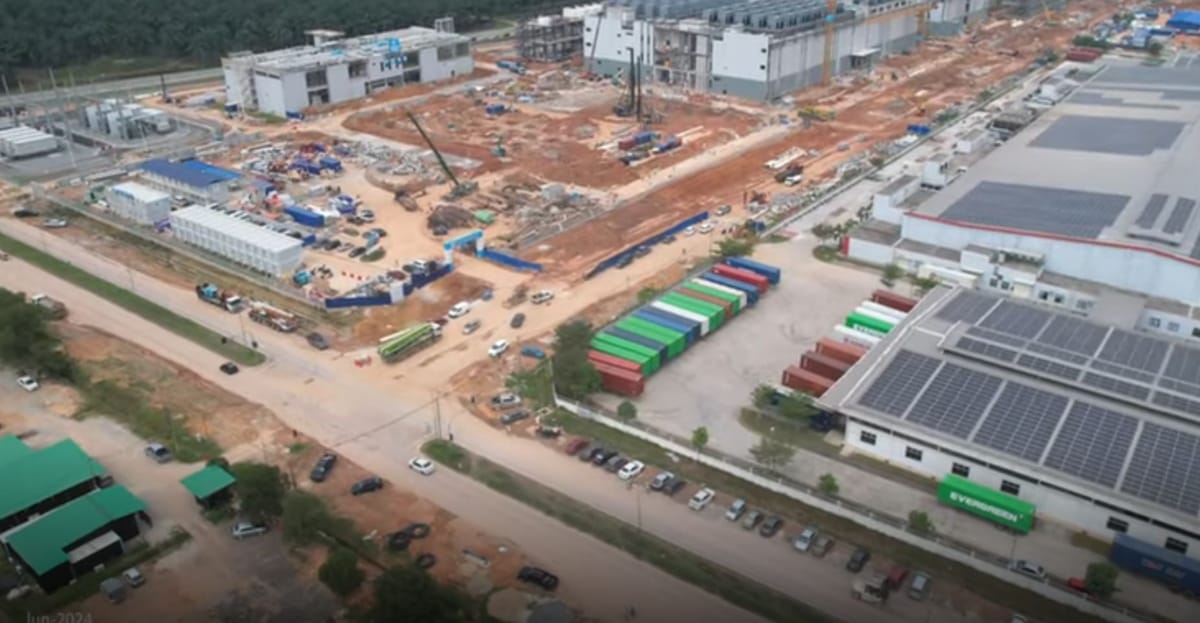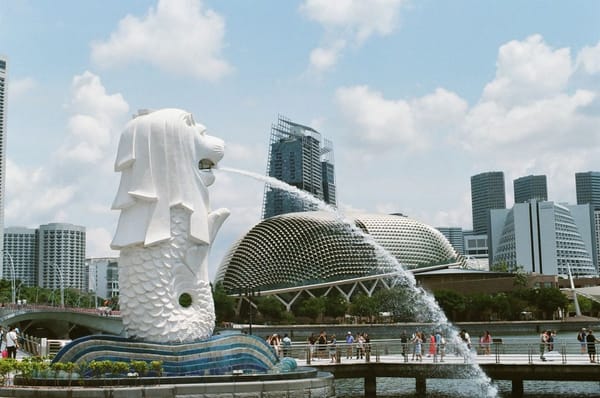Why building data centres have never been more complex
AI and sustainability are reshaping data centre complexity.

Building data centres was already a highly complex endeavour. Now, the rise of AI and sustainability has made it even more challenging.
Data centres started as nothing more than a shell, some specialist equipment, and power, water and fibre optics piped in.
Oh, how things have changed.
Evolution of the data centre
Data centres used to be buildings crammed with reliable cooling and power distribution equipment, built at a location deemed safe from natural disasters.
As digitalisation transformed our world, we started beefing up the data centre. Today, top data centres are not just designed for reliable operations but also:
- Secured from external physical threats.
- Protected by multiple tiers of security systems.
- Connected through redundant fibre pathways.
- Designed for concurrent maintainability*.
- Built with resource efficiency in mind.
*Not always implemented due to cost.
Finally, nations are starting to treat data centres as critical national infrastructure.
Singapore, for instance, is moving to classify them as such and will soon compel operators to report cyberattacks within hours.
Extreme density
We know AI workloads consume a lot more power. The per-rack power consumption is eye-watering.
- Estimate for 2018-2022: 5kW
- Average in 2023: 6kW
- Average in 2024: 8kW
- One rack of H200 GPUs: ~50kW
- GB200 NVL72 (2025): ~130kW
- Rubin Ultra NVL576 (2027): 600kW
For Rubin Ultra, imagine 600x 1,000 watts irons crammed into a single rack.
It's worth noting that AI training differ from traditional workloads in significant ways.
- Resilience is a bit less important.
- Power conditioning is more vital^.
^Rapid power transitions of AI training can stress power delivery systems.
For most data centre operators, the challenge is the need to accommodate both traditional and AI workloads within the same compound.
Sustainability 2.0
Then there's the growing emphasis on sustainability. The world is moving too slowly, so the data centre industry is tasked to take up the slack.
- This week, news came of the first large-scale water reclamation project for data centres in Malaysia, with treated wastewater going to water reclamation plants.
- Google is building its largest data centre campus in Asia yet - at 1GW. And it has earmarked US$2bn for renewable energy infrastructure.
- Singapore is nudging operators towards novel fuel options such as SOFC, among others, for sustainability.
So yes, data centres are getting even more complex than before.




